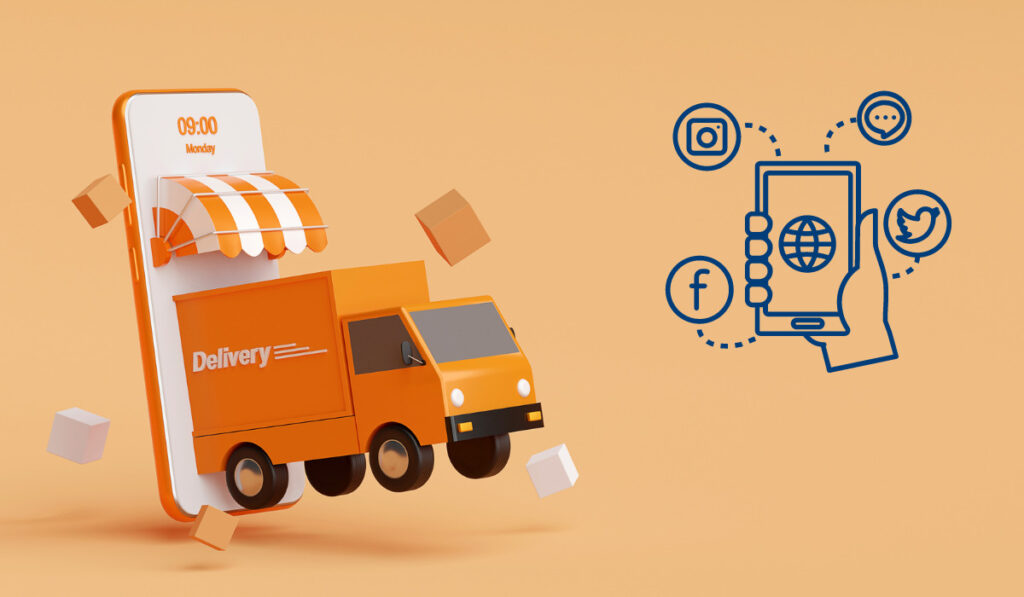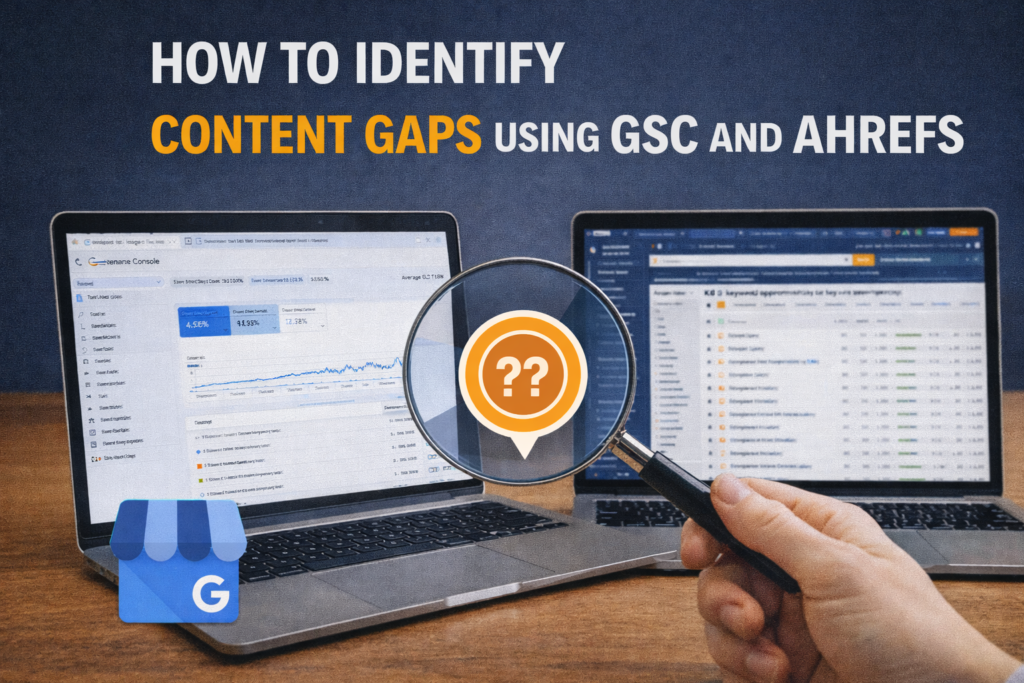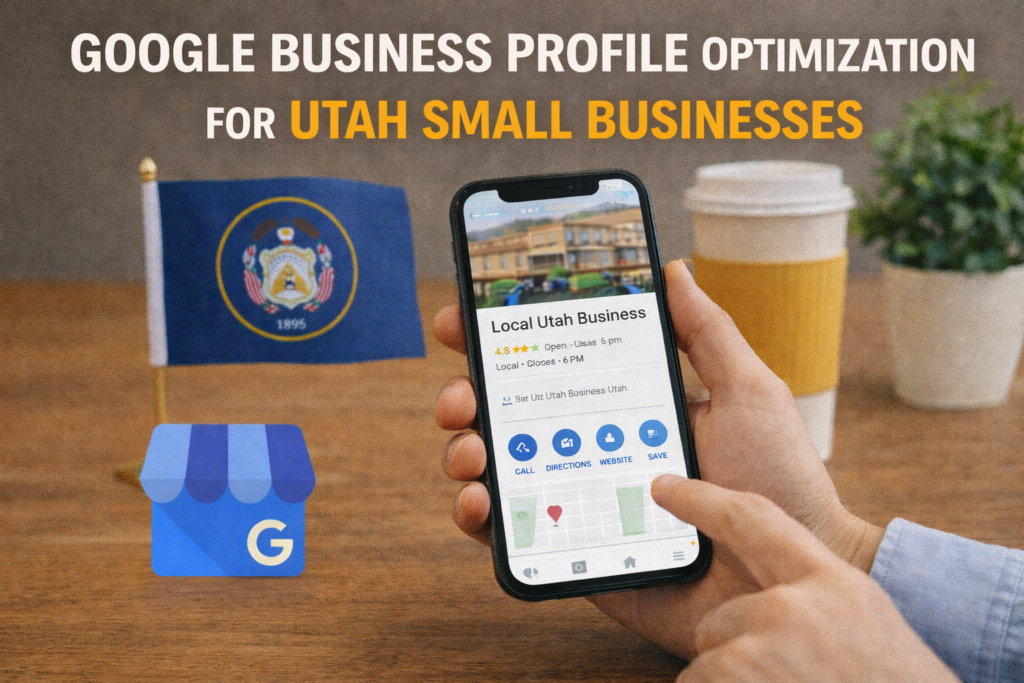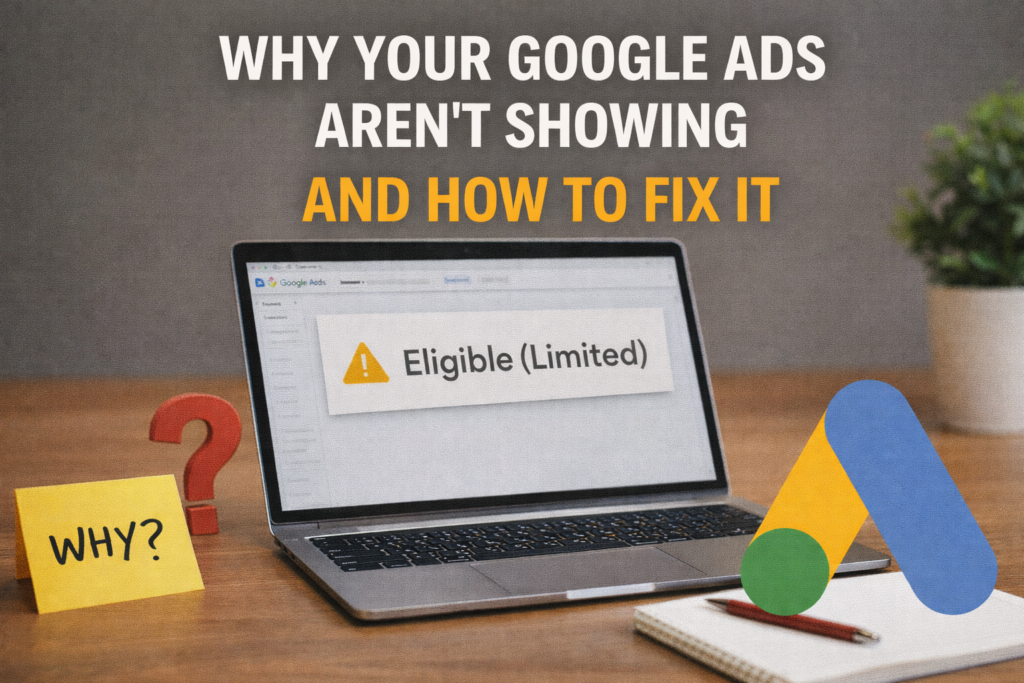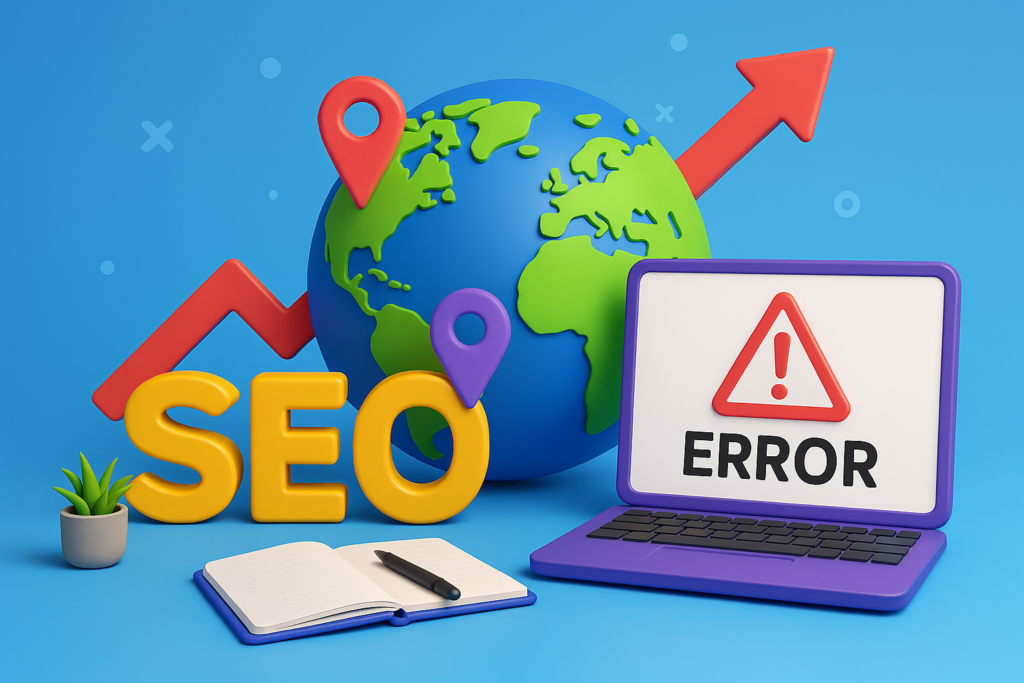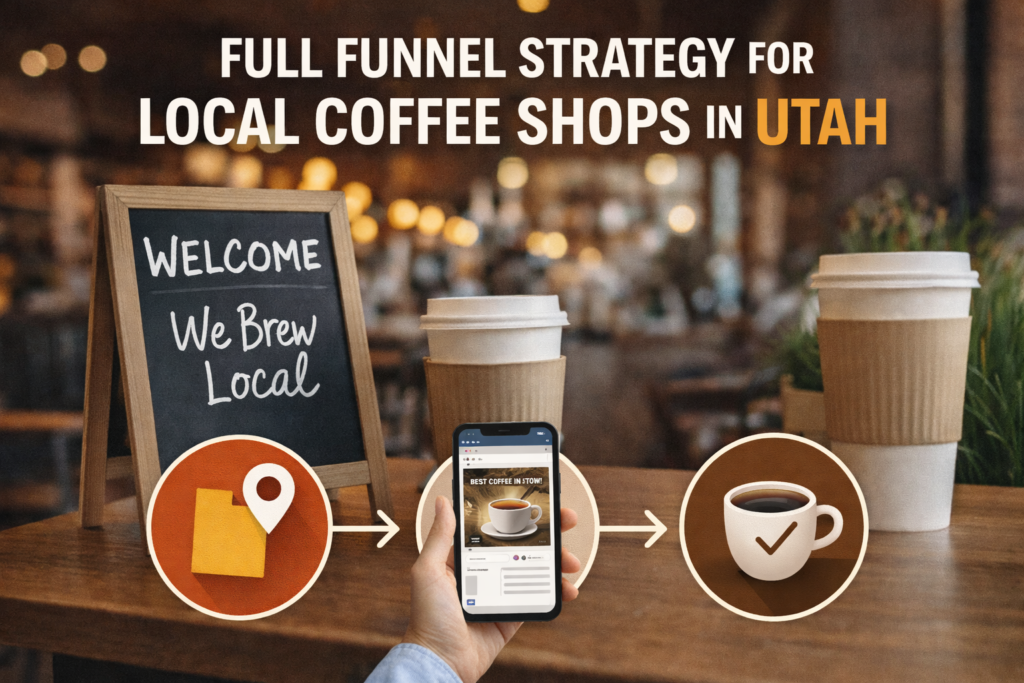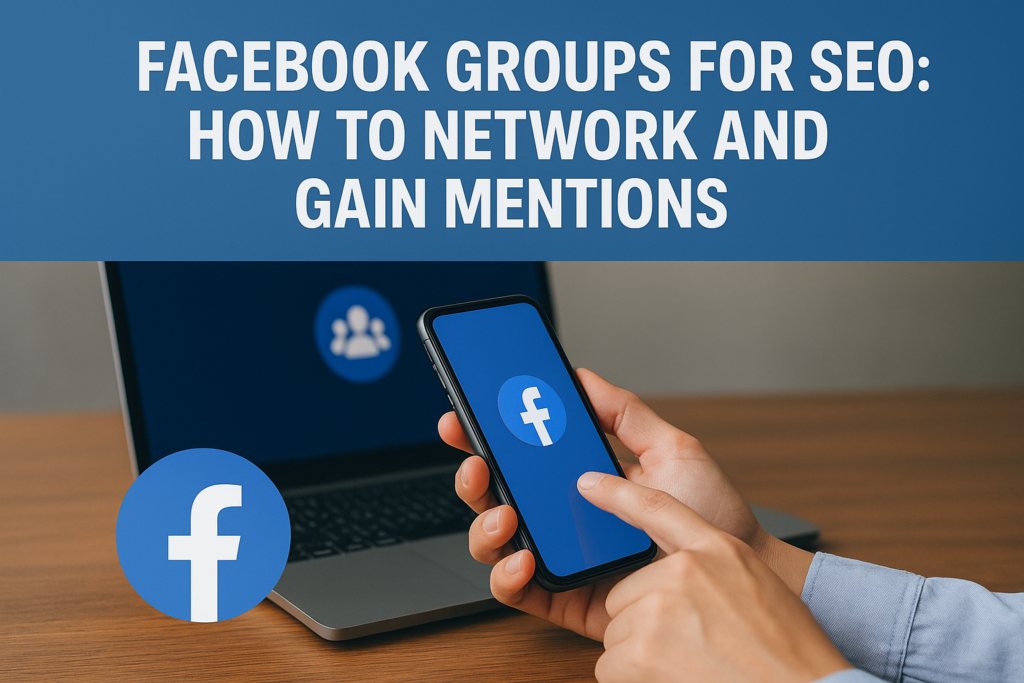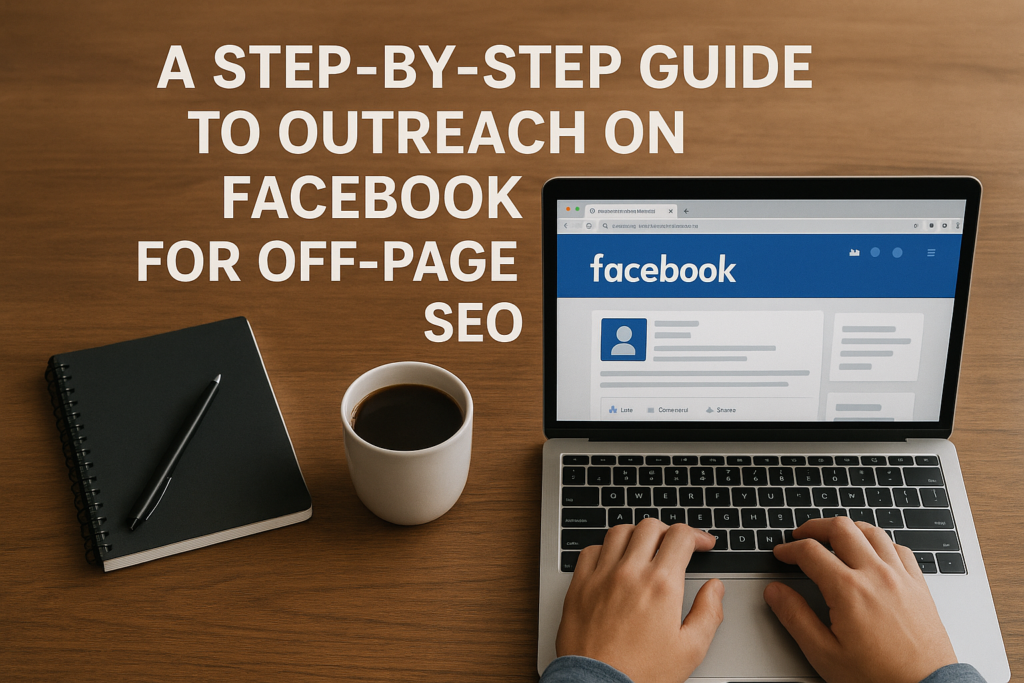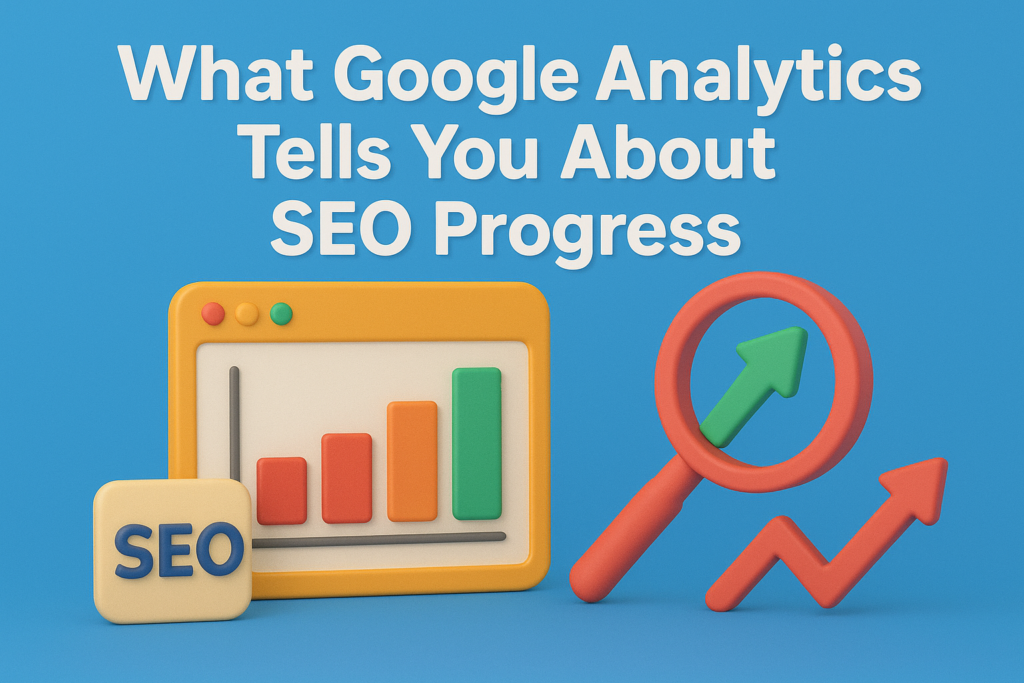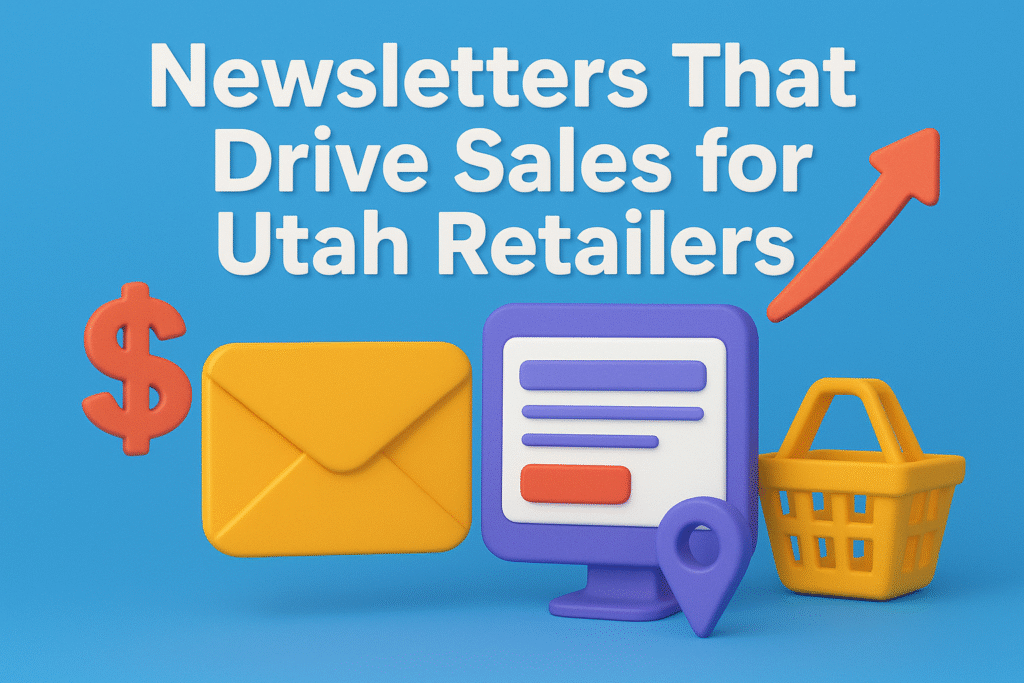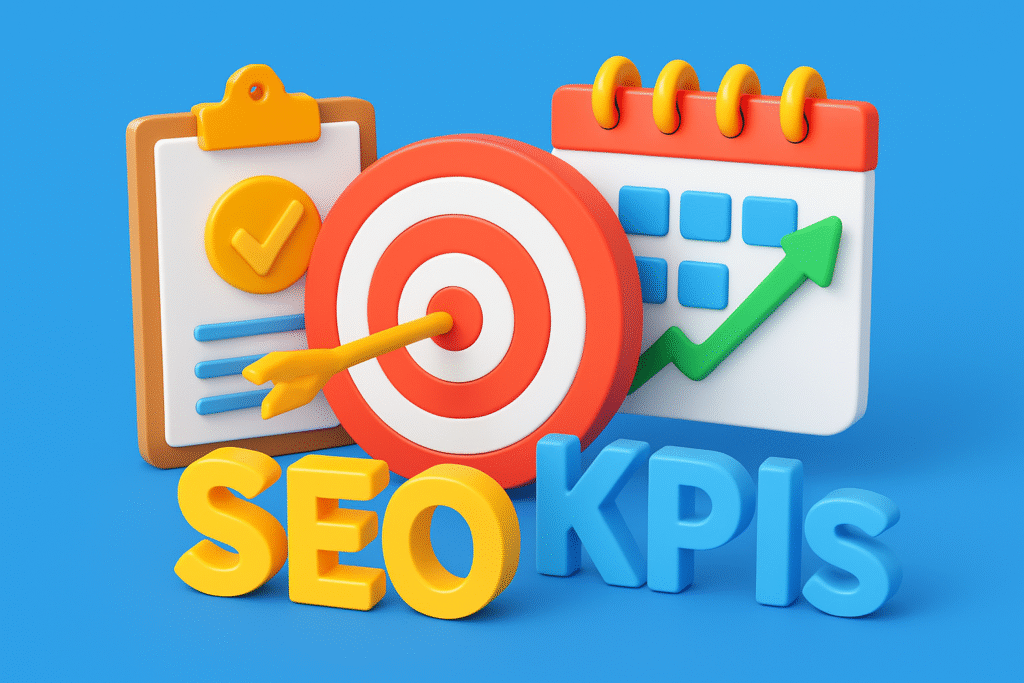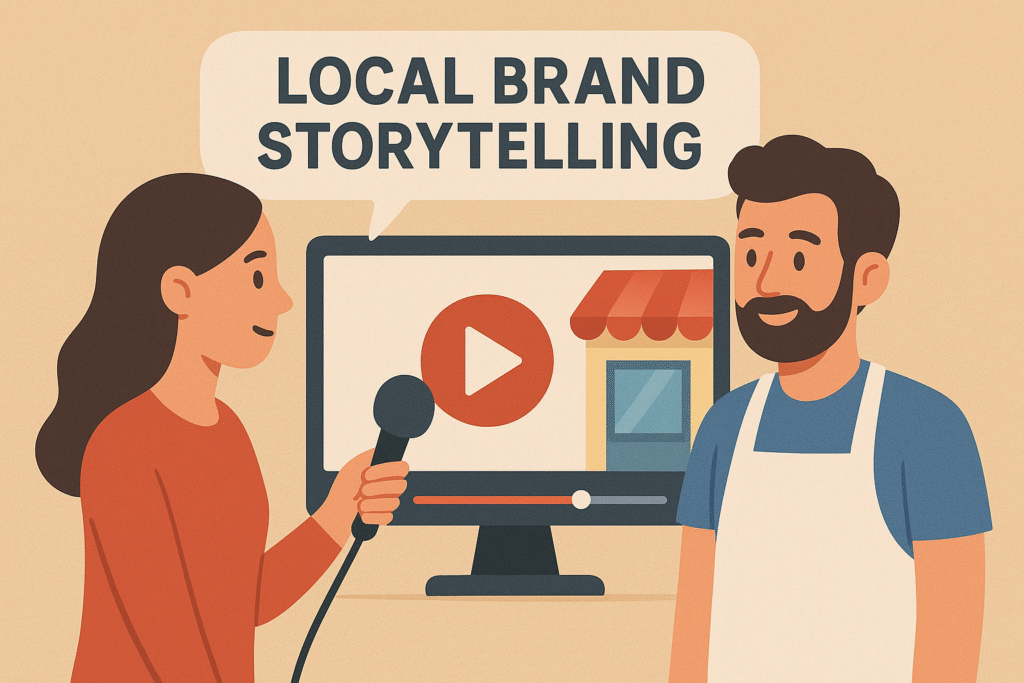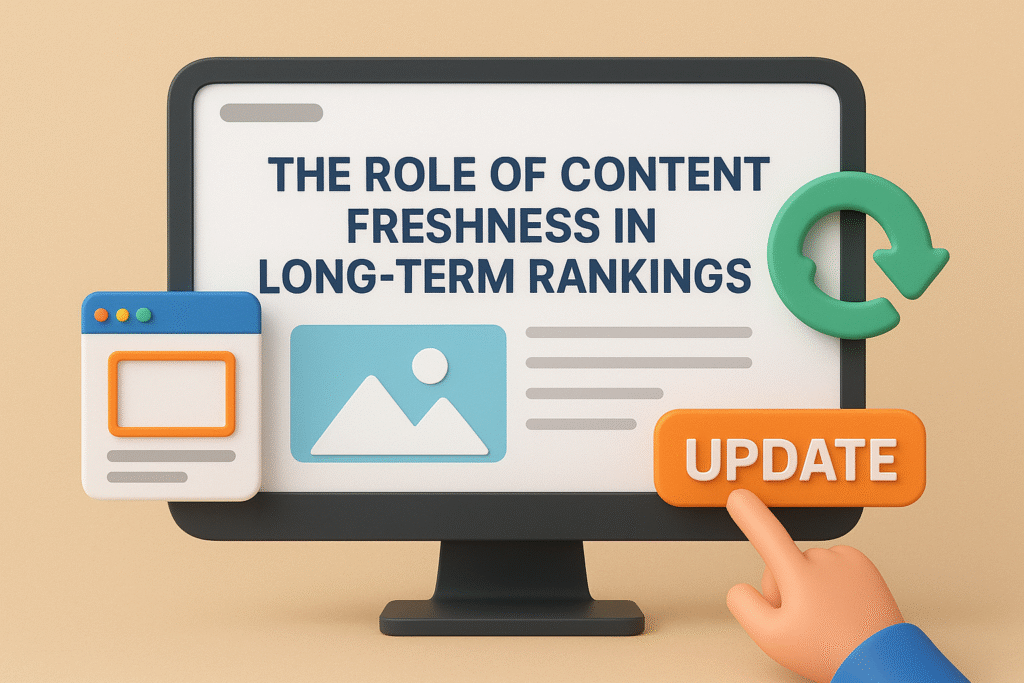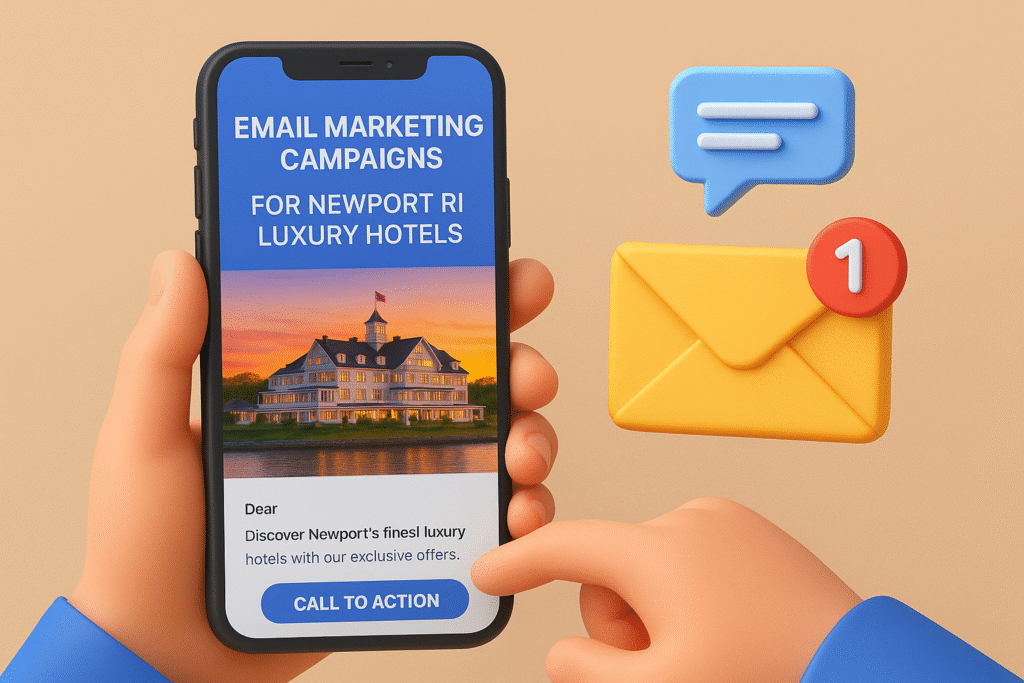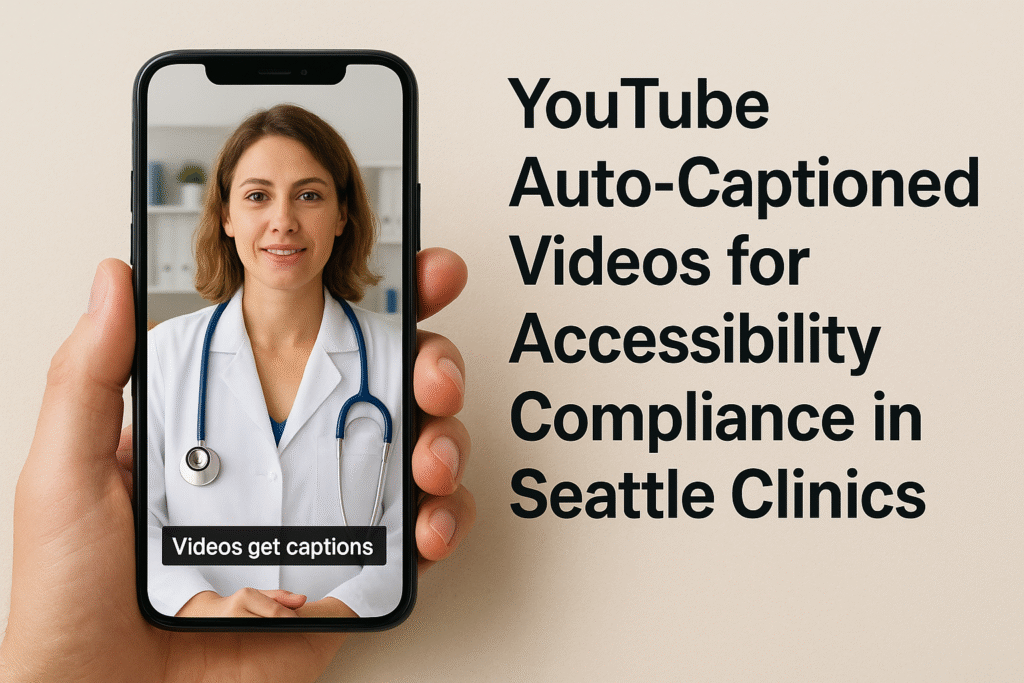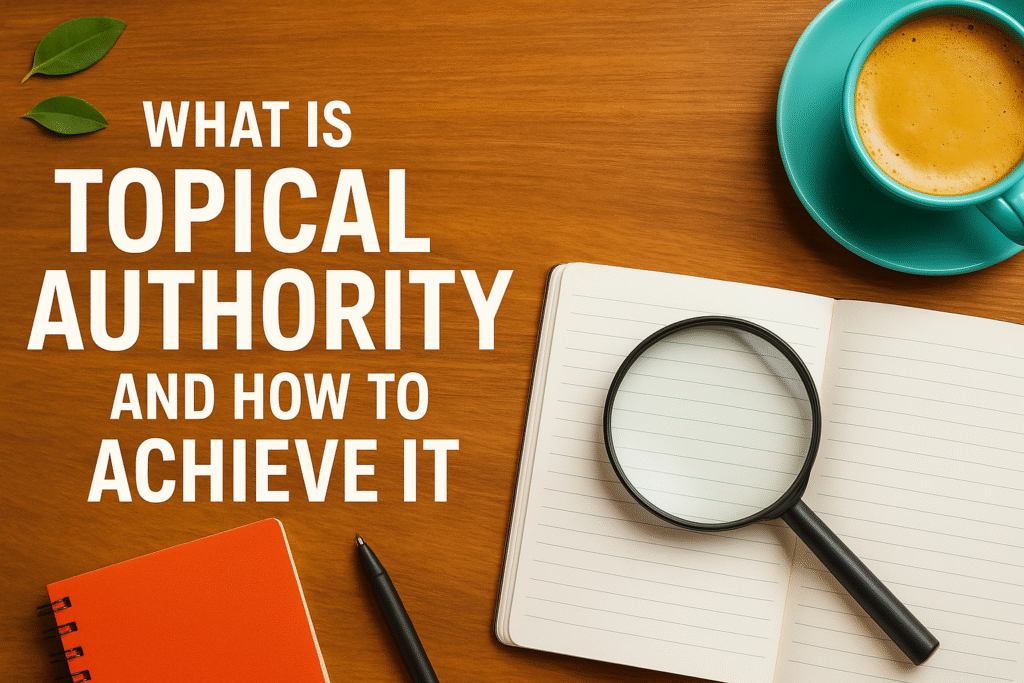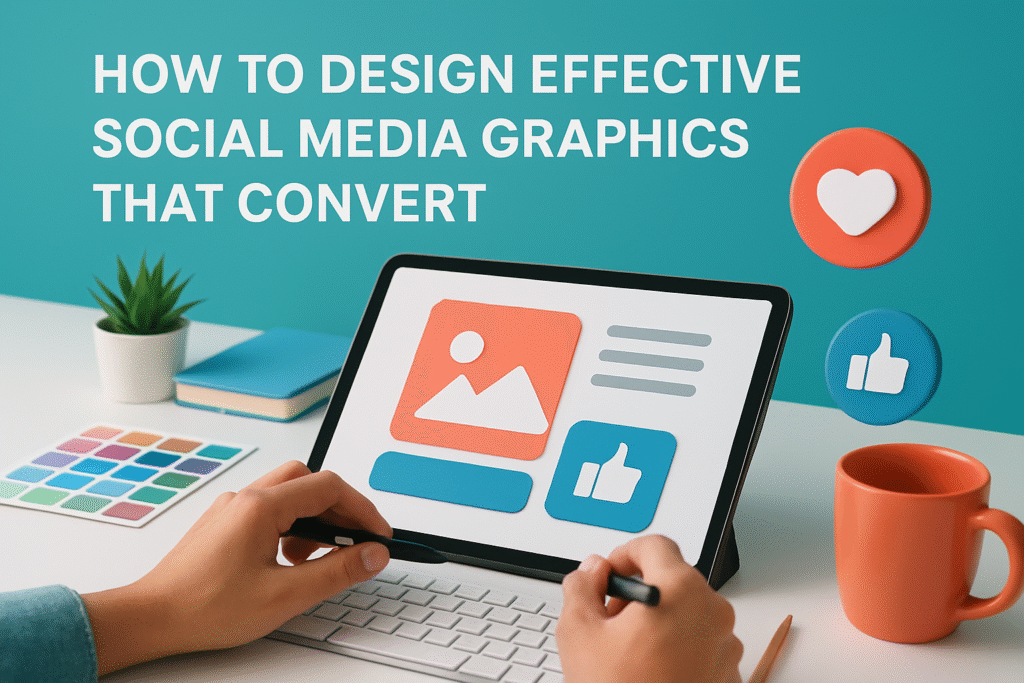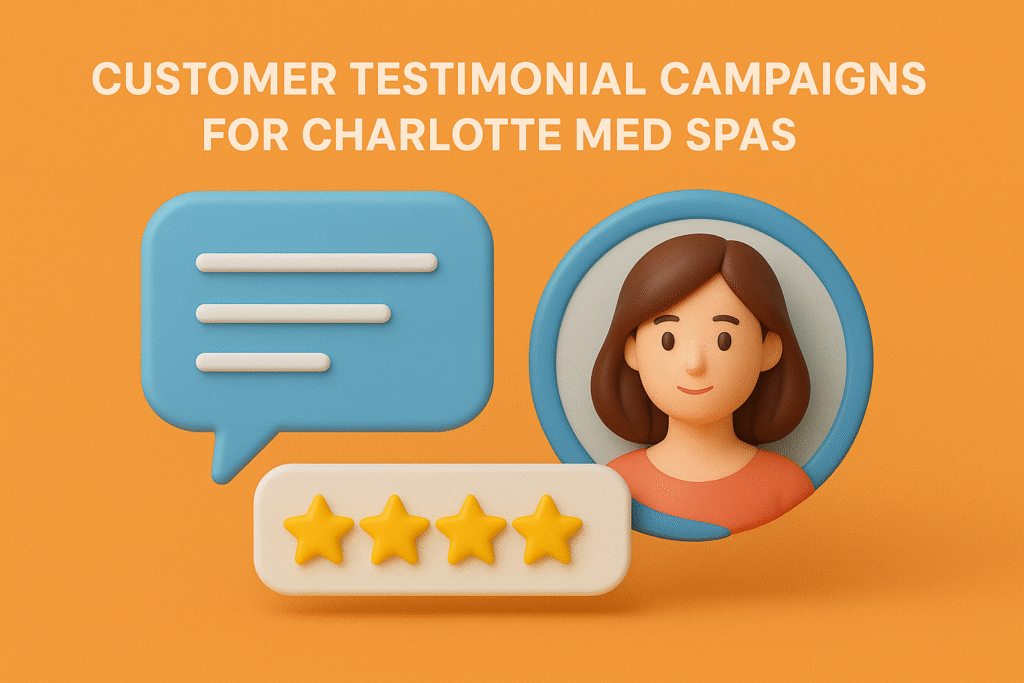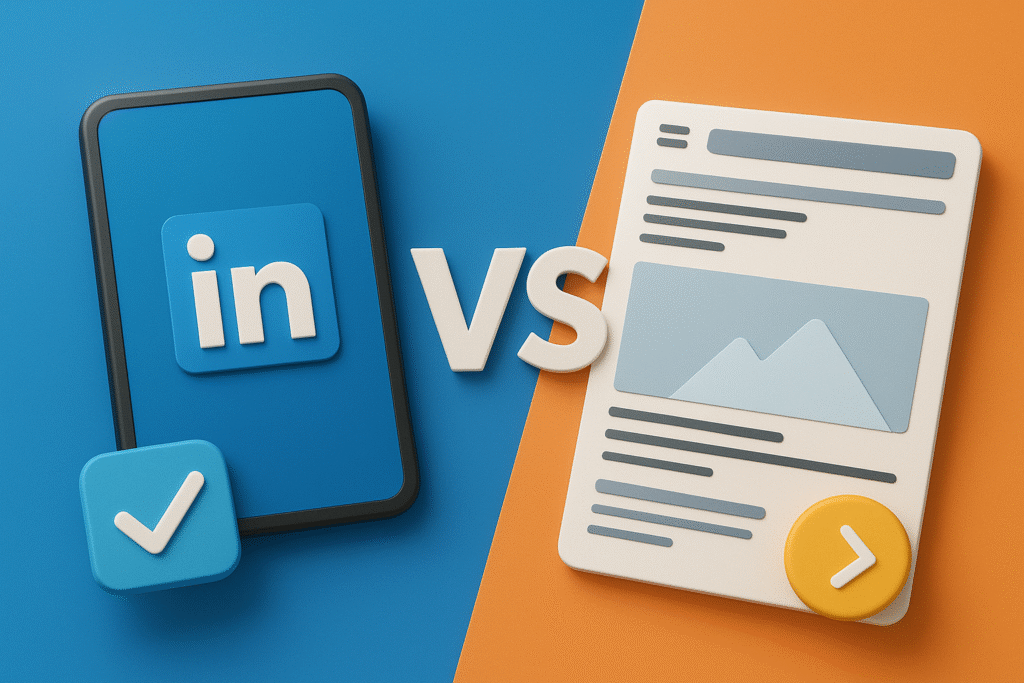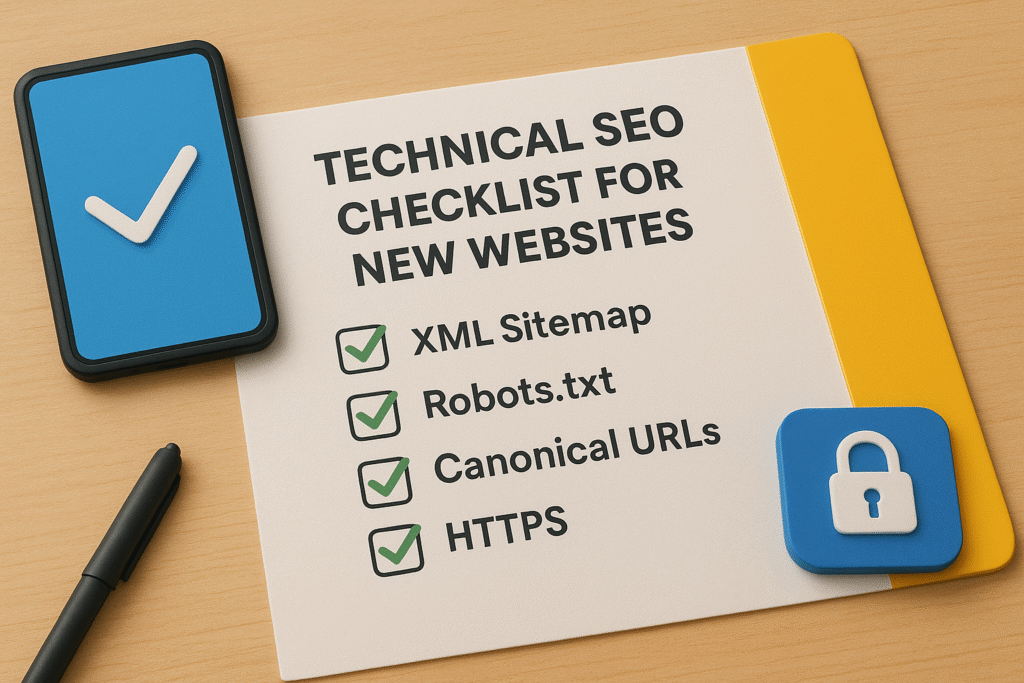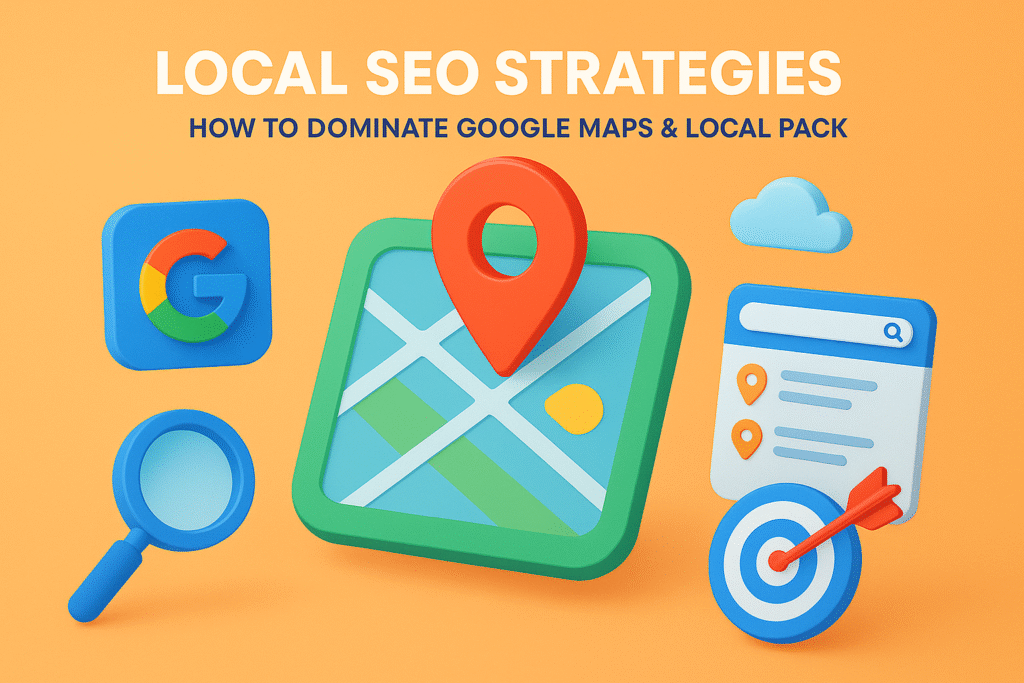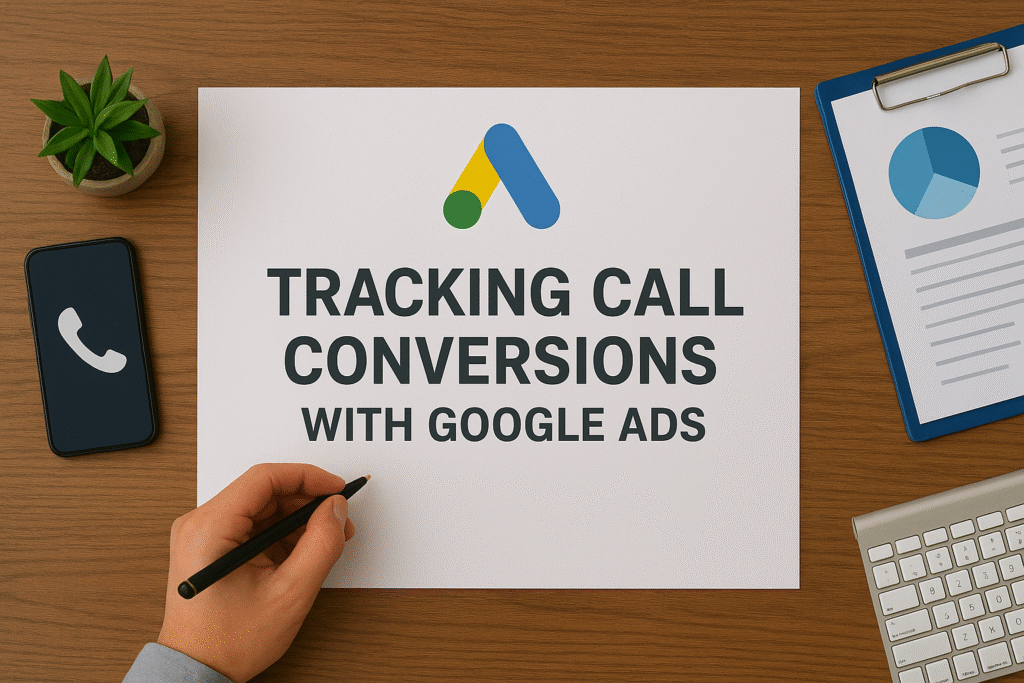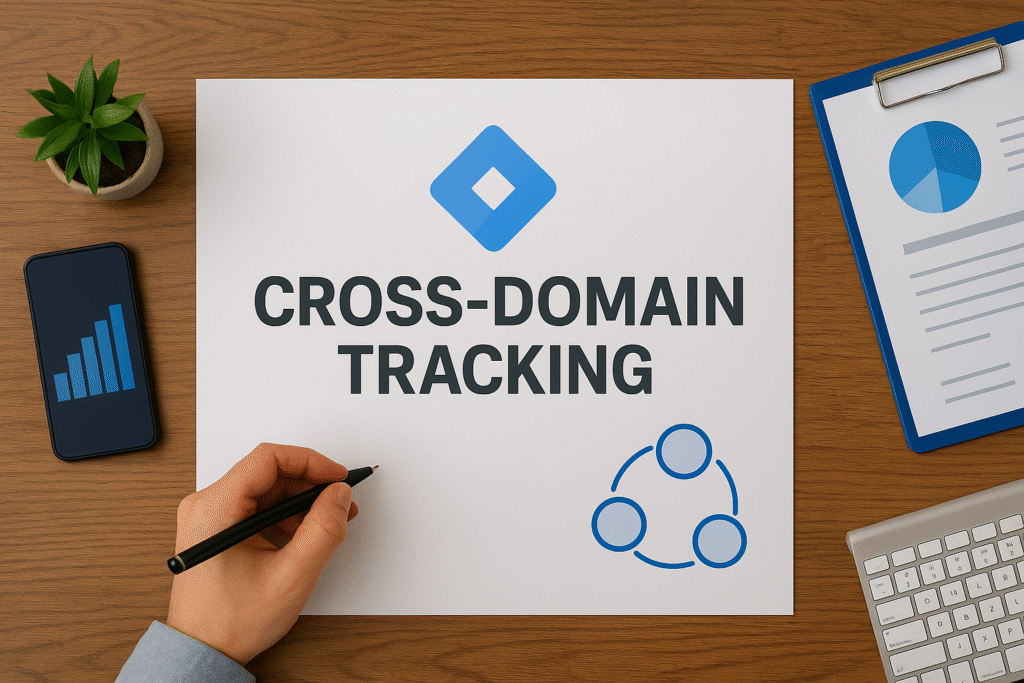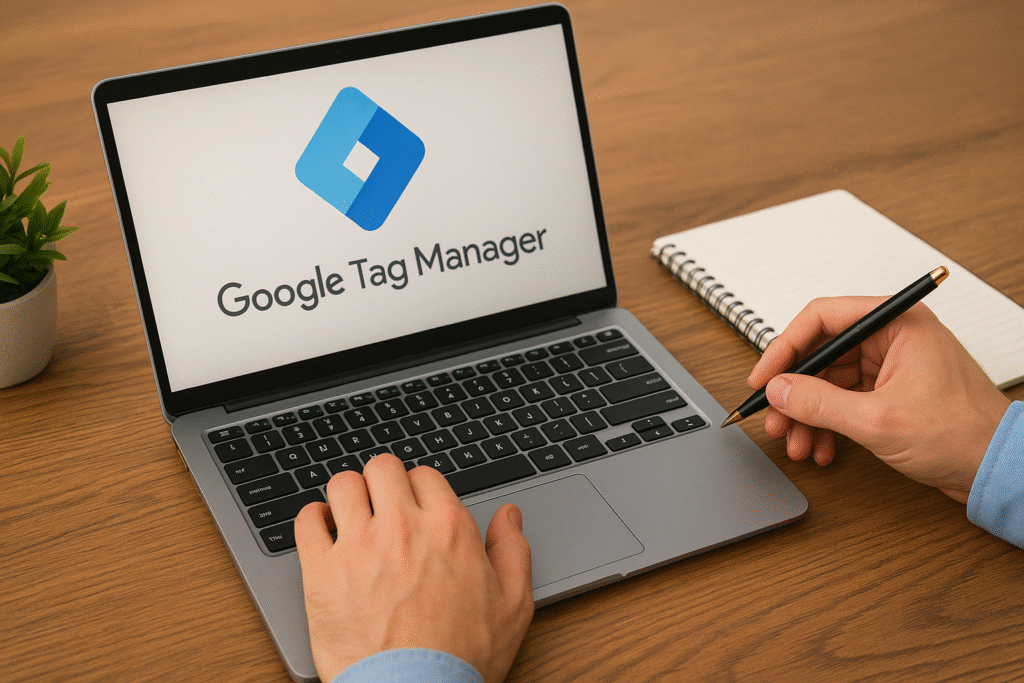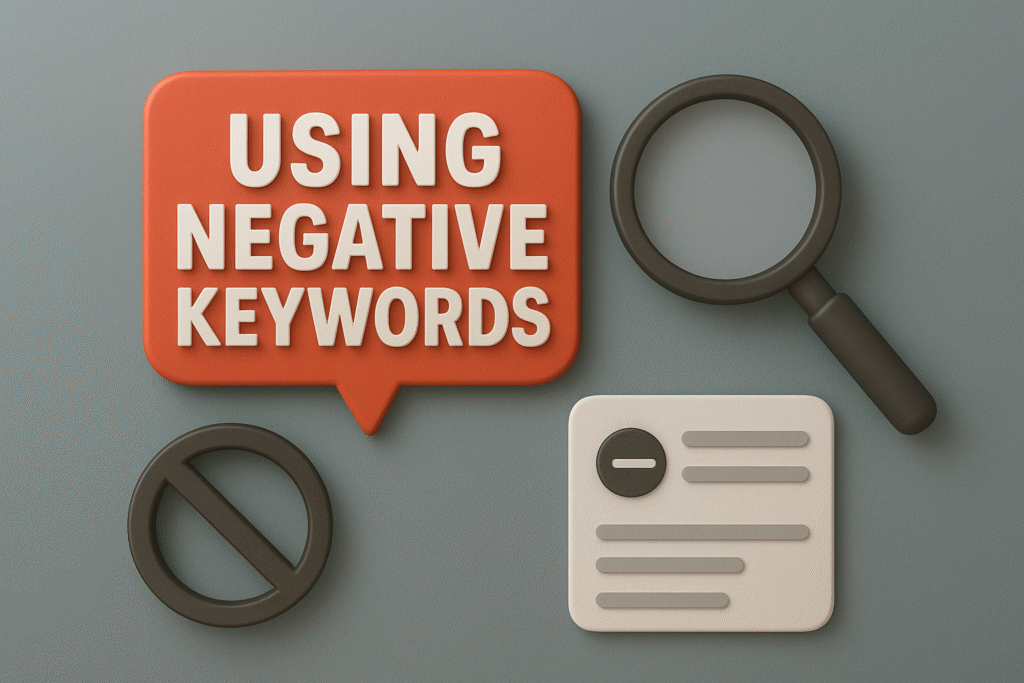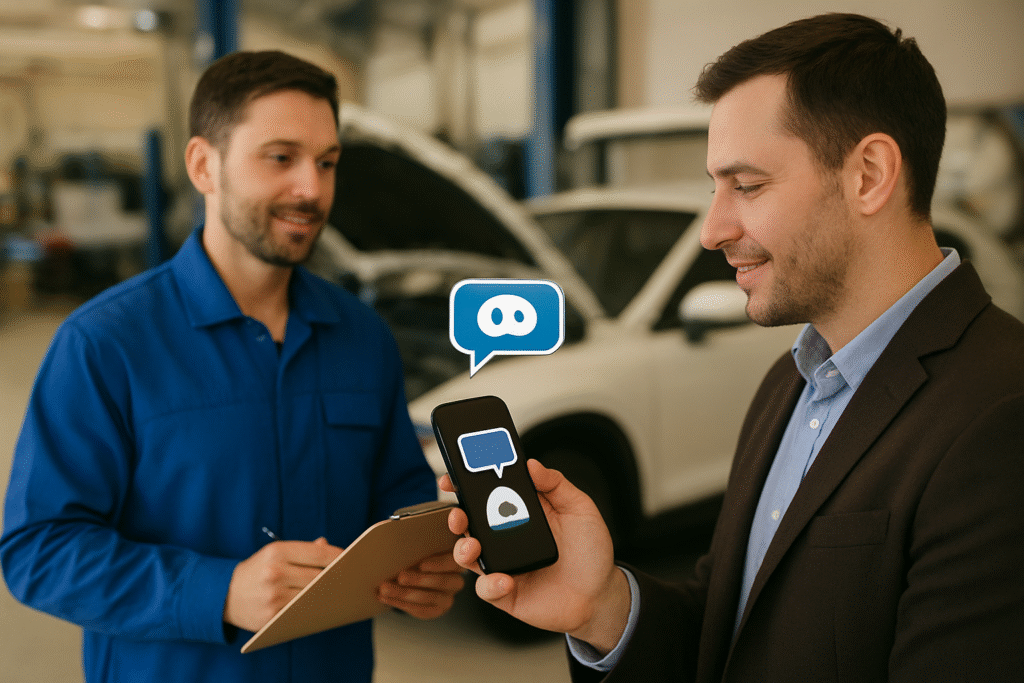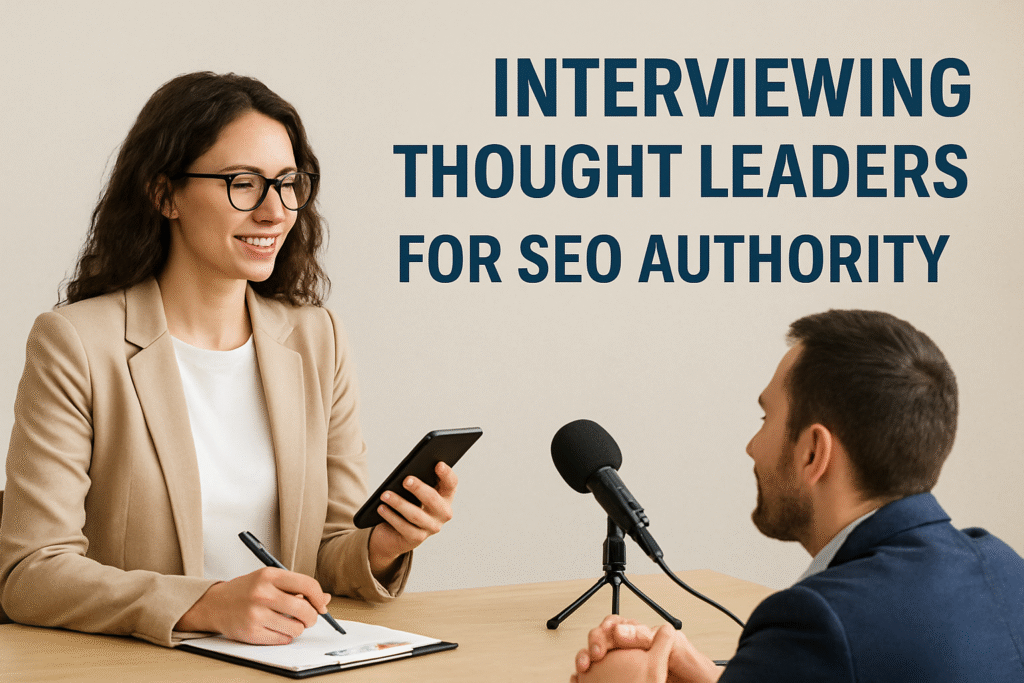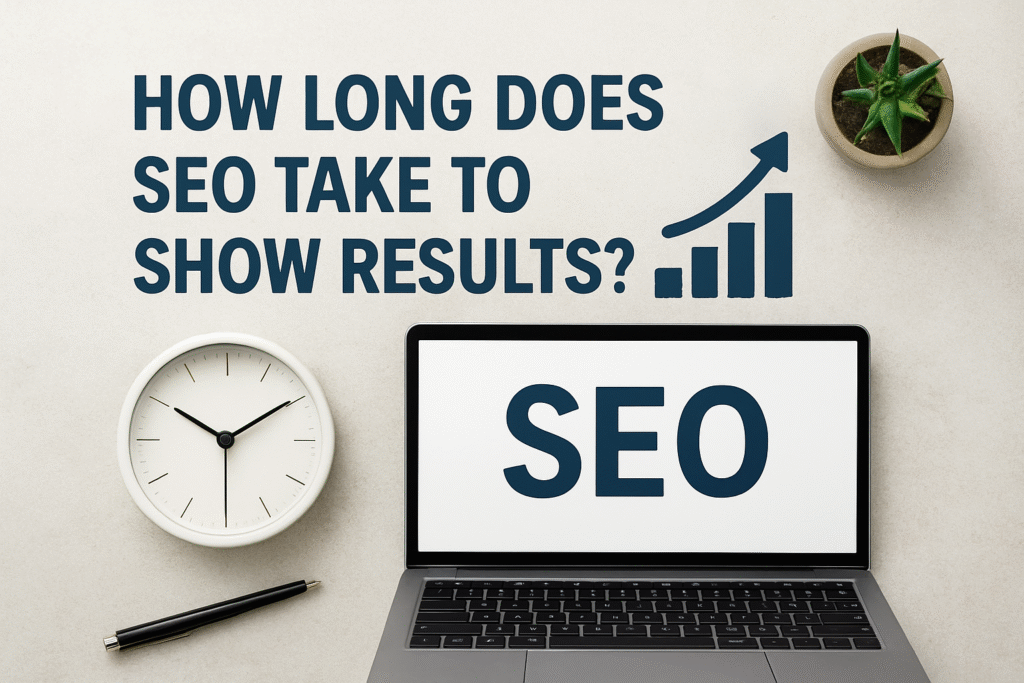You cannot grow your online business without implementing an effective social media strategy for e-commerce. It includes identifying your target audience and using techniques to reach them. It also incorporates ways to entice your audience into buying your product.
Below are the proven methods for using social media to expand your e-commerce store:
Influencer marketing
Influencer marketing is a very effective social media marketing strategy for e-commerce. It helps you reach out to your target audience. It also adds credibility to your online business.
When a well-known influencer gives a shoutout to your products, you get a massive influx of traffic. It is not just a random audience. This audience has a deep interest in what you offer.
The influencer displays your product’s usefulness. It makes your product reliable and generates sales. You can ask for reviews from the individuals who purchased your product. Upload these on social accounts for validity.
Not all people who land on your account through influencer marketing purchase from you. The majority will only follow you. But you are not at a loss as it helps build an audience. You reach out to this audience through organic content. Ultimately, it converts into paying customers.
The influencer may promote your e-commerce store for a specific sum of money or, in return, for taking your product. It depends on the size of the influencer and the engagement rate on its account.
It is a successful marketing strategy for e-commerce. Influencer marketing is cheaper than other forms of social media marketing and produces fantastic results. You get sales, brand authenticity, and a loyal audience.
89% say ROI from influencer marketing is comparable to or better than other marketing channels. (Source)
Interact with your audience
You cannot use social media to sell your products all the time. It is counterproductive. Your audience gets fed up and may unfollow your account.
You must provide value through your content. It should resonate with the needs and wants of your audience.
Also, you need to interact with your audience. You must respond and strike a conversation if your followers engage with your content. It enables you to know your audience and devise better marketing strategies for e-commerce.
When you respond to your audience’s comments, it boosts the engagement rate on your account. Resultantly, the platform gives your content a better reach. You get more exposure and business opportunities.
You should also engage with the content your followers are uploading on their accounts. This way, you build trust and a stronger connection. Later, you can sell this audience whatever you like.
Social listening
Social listening means observing the behaviour of your audience. It helps you understand your followers’ needs and wants. It enables you to devise a better marketing strategy for e-commerce.
Once you have understood the pain points of your target audience, you can exploit them to grow your business online. You push your audience into buying your product by triggering their emotions. You can target their trigger points through organic content and paid ads.
Promotional offers
Promotional offers help promote your business. You may give your audience a coupon code. Your audience can purchase your product or service using that code at a discounted rate. You may also arrange a contest and award a free product to the lucky winner.
Promotional offers are helpful for businesses that don’t have enough followers on social media. Or they don’t receive good engagement on their posts. It is an effective social media marketing strategy to grow e-commerce stores rapidly.
Polls
Polling is another marketing strategy to engage your audience. It also helps you discover the needs and wants of your audience. Using this information, you can pitch an offer your audience can’t resist.
User-generated content
You can encourage your audience to create content using your product. Posting user-generated content on your social media profiles builds trust with the audience. You can send a free product to accounts with a decent following.
When other people view that content, they can relate to it. They may feel compelled to buy your product. It can prove a more effective marketing strategy for e-commerce than a paid advertisement.
Blog
Blogging is another way to market your business. It helps you reach out to your audience in an organic manner. It is a long-term policy, and you cannot expect immediate results. Ranking a website through blogging can take six to eight months.
The blog section is an essential component of your website. In the blog posts, you target keywords your audience searches for on Google. If you produce quality content, you will rank at the top of search results.
You can include in your blog posts the link to your e-commerce store. It helps divert the traffic there, and you may get sales.
Paid advertisement
If you want quick results, paid advertisement is an effective marketing strategy for e-commerce. You must target the right audience in your ads. Also, use attention-grabbing content and attractive offers to push the audience into buying your product.
Content
The content plays a crucial role in brand building on social media. The content on your social media profiles must address the needs of your target audience. It should have a consistent color theme.
You must use the relevant keywords and hashtags in your content. It results in better reach and engagement.
The content-type may vary for each social media platform. Instagram is a visual platform, while Twitter is a text-oriented platform. To get a better response from your audience, focus on producing content favored by each forum.
Try all social media platforms
You don’t want to miss any business opportunity. So, you need to have a presence on all social media platforms. Try all channels to attract traffic for your business and generate sales.
Facebook offers the option to establish a shop. It helps businesses in having a customized interface for growth. You can also use WhatsApp for business to directly communicate with your audience.
Shoppable posts on Instagram and IGTV videos are also very effective in reaching your audience.
Pinterest helps you display the utility of your product. Twitter and Quora are also handy for targeting potential buyers.
You can leave the competition behind using all these social media platforms and strategies. It will help you establish yourself as an authority.
Conclusion:
A successful social media strategy for e-commerce must have the following:
- Using platforms Facebook, Instagram, Twitter, and Pinterest simultaneously
- Engaging with your audience
- Understanding its needs and wants
- Producing quality content for the target audience
- Using promotional offers and polls
- Blogging
- Paid ads
- Uploading endorsements by the previous buyers
More blogs you’ll like to read:

